- One minute to read about it.
- One minute to do it.
Each Thriveotional project includes:
- A One Minute Project you can do right now.
- The Science Connection with research findings on the project.
- Connecting with God with verses or stories from the Christian faith. Projects are designed to increase our ability to thrive and to increase our connection with God.

Install Some Joy
The Project
For one minute:
Think of what brings you joy, delight.
- Imagine it in full detail. Sights, sounds, smells, . . .
- Hang on to the imagination for several seconds
- Add emotion, if you can.
The Science Connection: What did you just do?
You structurally changed your brain and increased your capacity to be joyful.
Why do we need to make an effort to install joy?
Bad things — the dangers in life — install quickly and easily in our brains.
This useful function helps us avoid the bad and stay alive.
Good things– the joys of life — do not install as easily.
Good needs a few more seconds of focus to strongly install in our brains.
Connecting with God:
Paul’s instructions for us from a Roman prison.
- Rejoice in the Lord, always. I repeat, Rejoice. Philippians 4: 4
Wisdom from Solomon:
- I know that there is nothing better for people than to be happy and enjoy themselves as long as they live; also that it is God’s gift to people that everyone should eat and drink and take pleasure in all their work. Ecclesiastes 2: 12-13.
What we pay attention to changes our brain
and therefore changes our life.
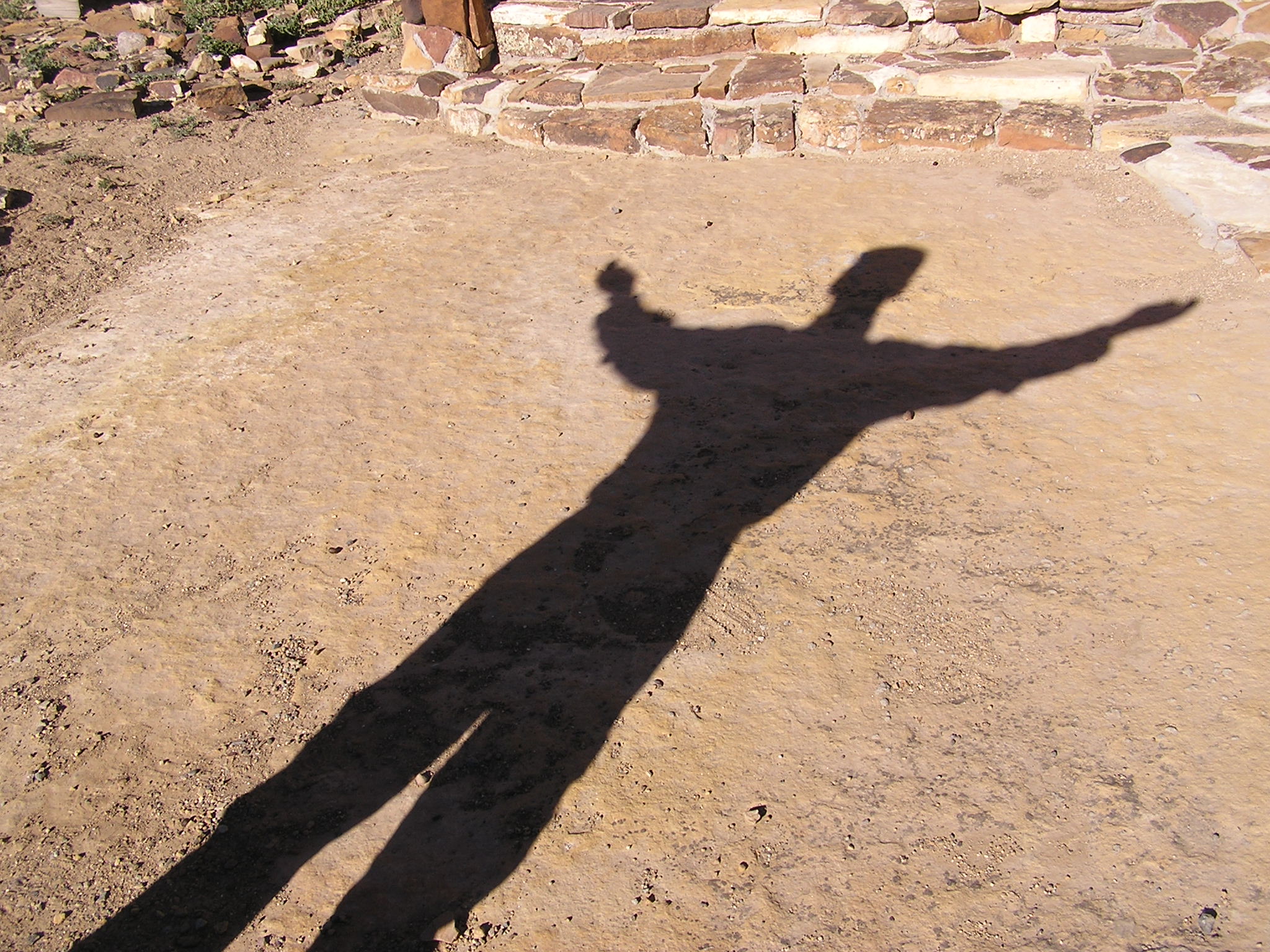
Get Expansive
The Project
- Take on an expansive posture: use arms and legs to take up a lot of room.
- Continue taking up space for one minute.
The Science Connection: What did you just do?
- You changed the hormones in your body to increase testosterone and decrease cortisol.
Testosterone is associated with feelings of confidence
Cortisol is associated with feelings of negative stress.
- Your posture also changes the perceptions that others have about you.
Connecting with God
A bent-over women slowly entered the room. It had been 18 years since she had stood-up straight.; 18 years of looking down, feeling small and powerless.
Jesus saw her and called her to come to Him.
“Woman, you are set free from your infirmity.” He touched her.
Her back uncurled and she stood up straight and tall, praising God. Full story in Luke 14:10-17
Our posture affects our:
moods, identity, actions, and relationship with others.
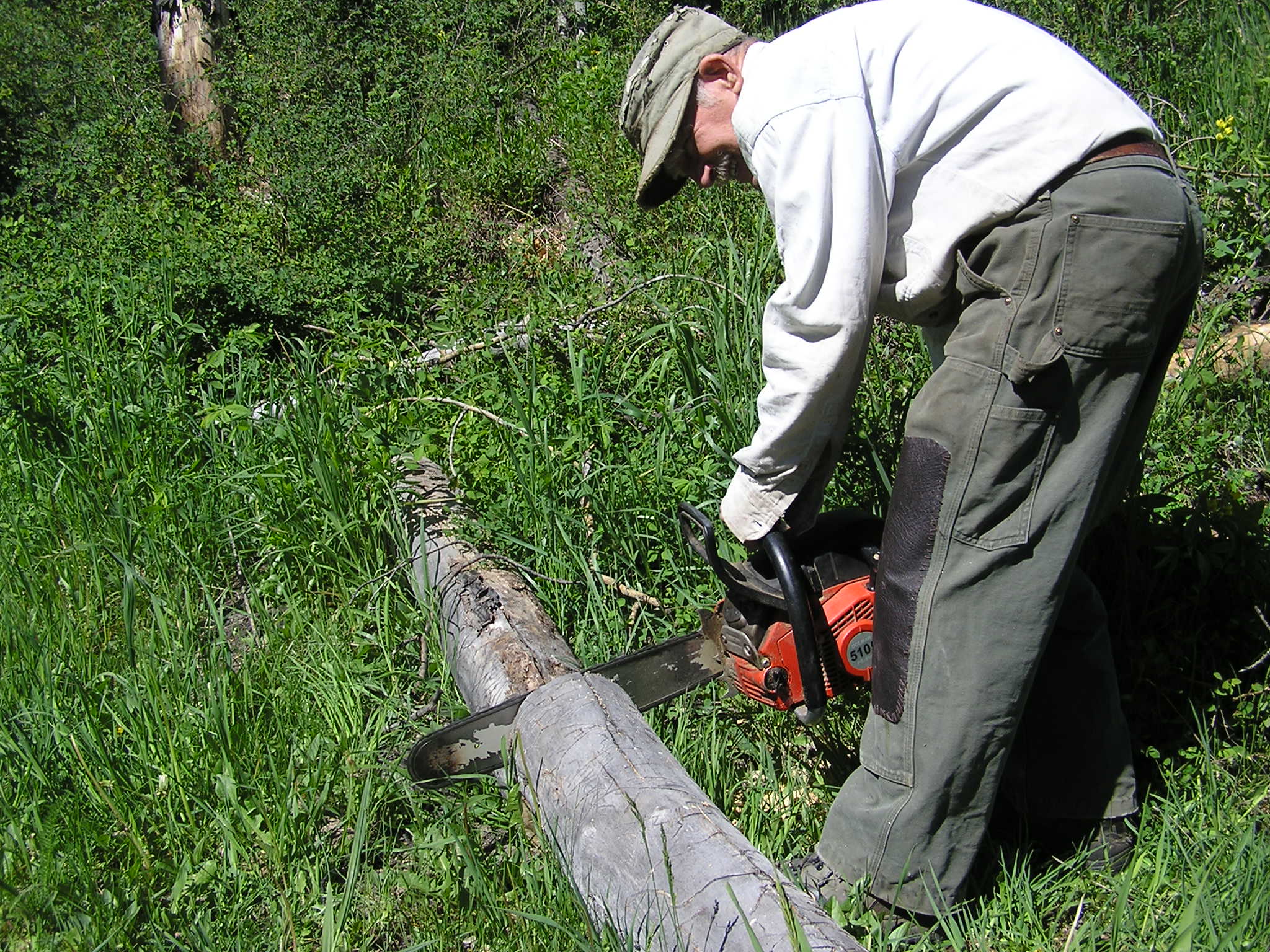
Mono-tasking in the Now
The Project
Do one thing with your full attention for one minute. Clean, stretch, exercise, . . .
The Science Connection: What did you just do?
You were:
- up to 40% more productive
- exhibiting a higher IQ
- 50% more accurate
- faster
- less brain strained
- happier
than if you had multi-tasked.
Connecting with God:
“It is not necessary to have great things to do. I turn my little omelet in the pan for the love of God.”
Lawrence’s spiritual practice was simply to do all of his daily tasks for the love of God and in the company of God. He practiced God’s presence in the kitchen, in town as he ran errands, and later in life as a shoe repair man.
Lawrence found that of all the Christian practices, the habit of doing all our tasks for and with God was the ‘shortest and easiest way’ to connect to God.
Lawrence says, to Practice God’s Presence we must focus our attention on the task at hand and quiet all thoughts that are unrelated to that task.
The skill of monotasking was an essential part of Lawrence’s practice.
Brother Lawrence, French Lay Brother AD 1600’s.

Flash Care/Prayer
The Project
For one minute think of people you know and express a word or phrase of care or prayer for them.
Ex. Fill ______ with hope/joy/peace today.
The Science Connection: What did you just do?
A few benefits of compassionate action:
- Brings positive emotion
- Increases life satisfaction
- Lowers depression
- Benefits immune system
- Benefits cardio-vascular system
- Increases social connection and its host of health benefits
- Decreases negative effects of stress
- Promotes longevity.
- Compassionate acts are socially contagious.
- Watching acts of compassion boosts our mood.
- Even thinking about compassionate action promotes brain health.
Connecting with God:
As Frank Laubach walked in crowds, or rode buses, or attended meetings he made a habit of flashing prayers for individuals around him.
Laubach noticed positive reactions to his prayers and felt the atmosphere of meetings change when he played this game.
Dr. Frank Laubach: Presbyterian missionary renowned for his work in raising literacy worldwide and his work in staying connected to God.
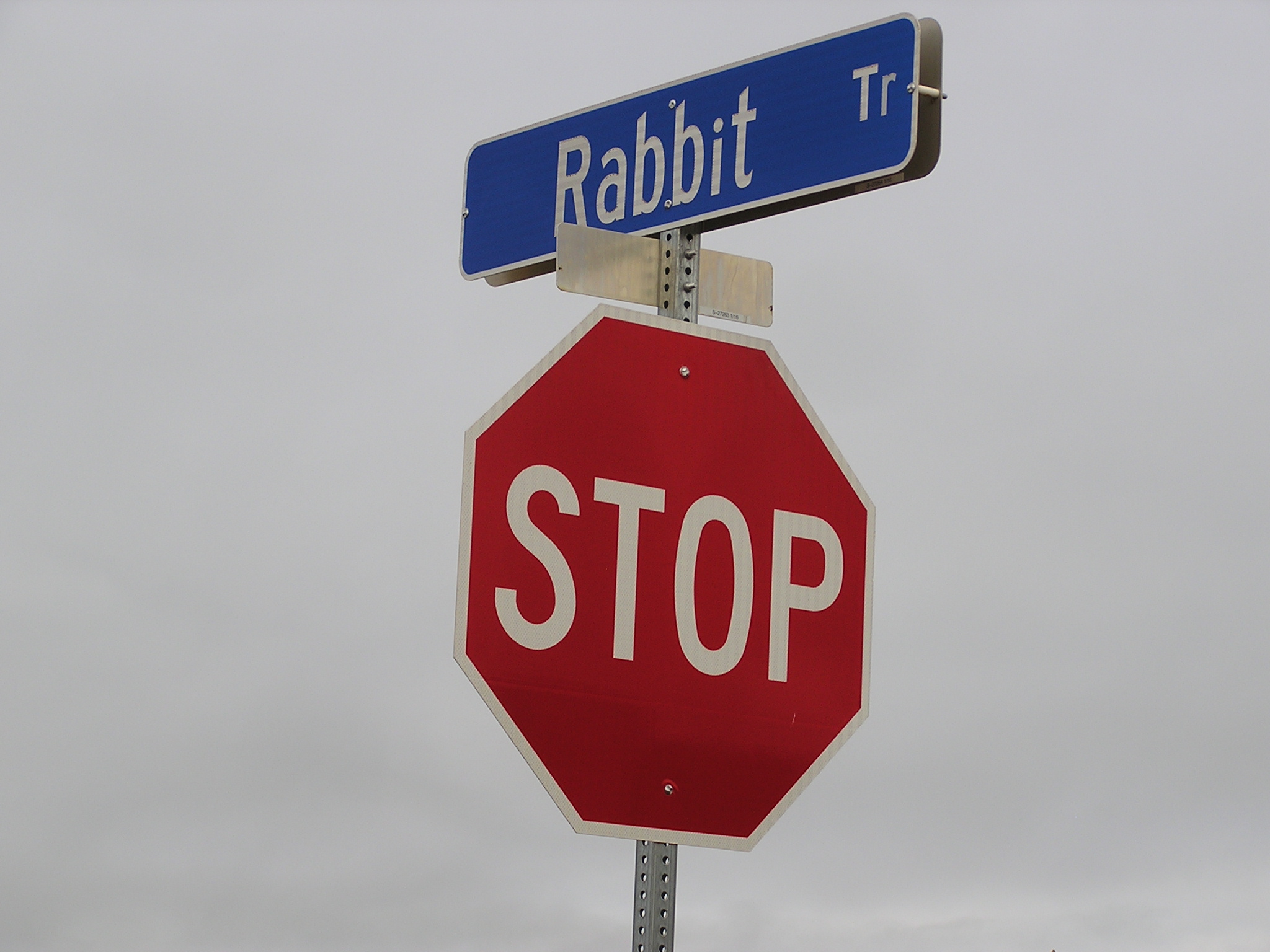
Discover The Present Moment
The Project
For one minute: S.T.O.P.
- Stop what you doing
- Take a breath
- Observe what is in the now -including God’s presence
- Proceed with what you are doing
The Science Connection: What did you just do?
Focused your mind on the present.
When we are focused on the present moment:
- We will increase our odds of being happy.
When we mind wander:
- we decrease our odds of being happy.
Mind-wandering actually causes the decreased rate of happiness.
We are happier when our mind is on our present moment than when it is wandering to the past or imagined future.
Connecting with God
Orthodox Archbishop Anthony Bloom believed that we encounter God in the present moment.
So the best way to connect with God is to “establish ourselves in the present moment.”
The problem he saw in himself and others was that we barely know the present exits.
So Bloom’s first step in helping us connect to God was to “do exercises in stopping time and standing in the present”.

Get Moving
The Project
For one minute move with energy.
The Science Connection: What did you just do?
Movement is:
Good for our brain
- Increased clarity of thought because of increased blood flow to the prefrontal cortex.
- Children who are more physically active do better on academic testing. Adults,too.
- Brains can work 7% better when we stand rather than sit
- Significantly increases our rate of new brain cells produced in the Hippocampus.
Good for our emotions and over all sense of well-being
- Immediate release of neurotransmitters that increase our well-being/happiness (dopamine and serotonin).
- Increases Hypothalamus enabling us to be slower to ‘stress out’.
Lowers Depression
- Exercise therapy is just as effective as cognitive behavioral therapy or using antidepressants.
- Exercise releases the same neurotransmitters as medication much faster and with no side effects.
Connecting with God:
Movement and dance enrich our connection with God.
- Join St. Dominic (AD 1170- 1221) in his practice of praying while he took a walk.
- Join the psalmist:
Praise the Lord. Praise Him with timbrel and DANCE. Psalm 150: 4a.

Gratitude
The project
For one minute think of what you are grateful for.
The Science Connection: What did you just do?
Gratitude:
- Promotes higher levels of positive emotion (joy, happiness, life satisfaction, love)
- Promotes better sleep
- Increases connection with others
- Make us more stress resilient
- Decreases greed, envy, and resentment
- Decreases pain
- Gratitude is a foundational practice in living a happy life
Connecting with God:
Expressing gratitude to God and one another is a foundational Christian practice.
- As you received Christ so live in Him,. . . abounding in thanksgiving. Colossians 2:6-7
- We give thanks to God always for you all. 1 Thessalonians 1:2
- Enter His gates with thanksgiving
…give thanks to Him, bless His Name. Psalm 100:4
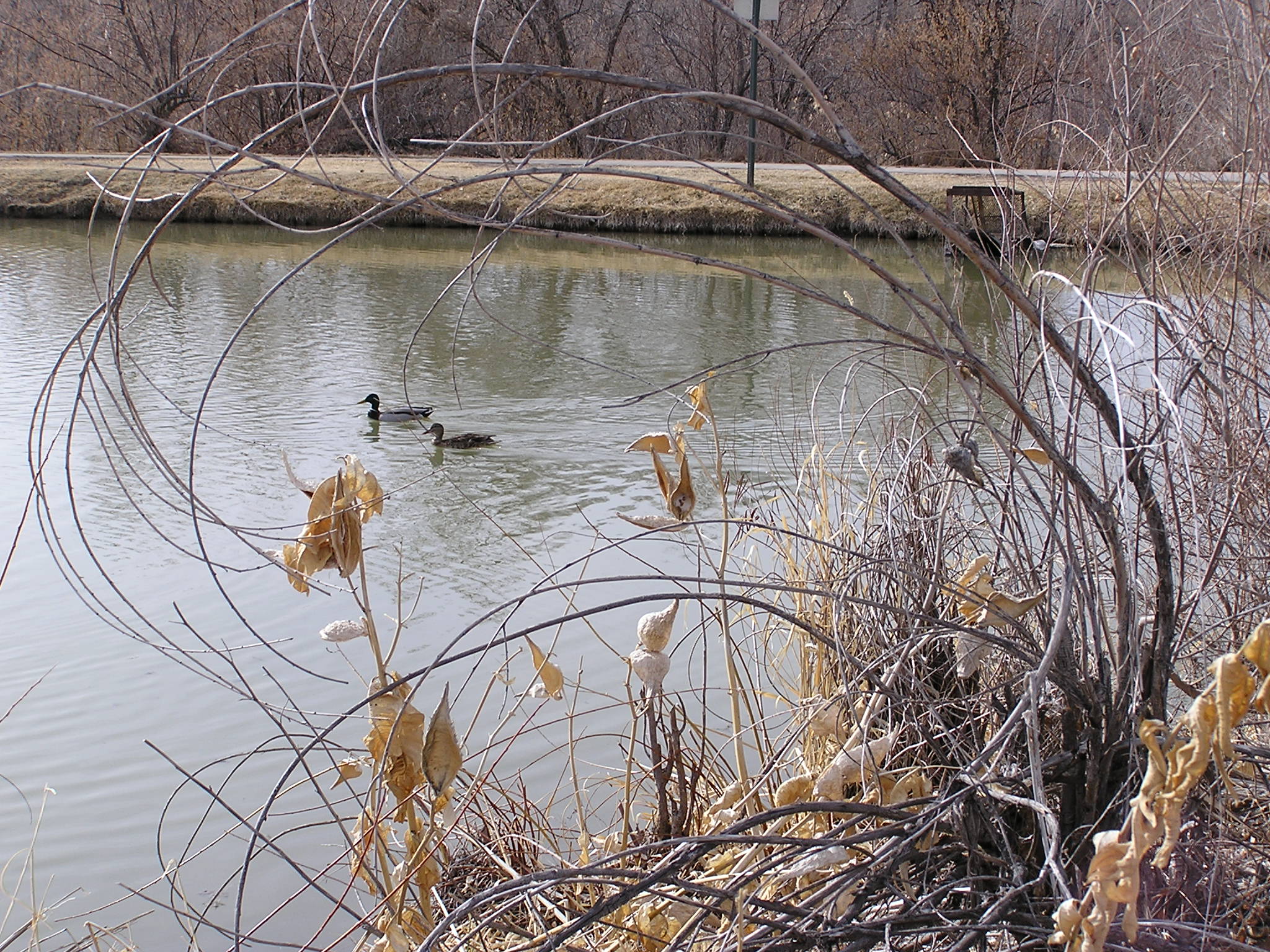
Take a Breath
The Project
For one minute take easy, deep, slow breaths. Linger with your exhale.
The Science Connection: What did you just do?
- You used the internal pharmacy that God has built into us.
The deep and slow intentional breath usually turns on our parasympathetic nervous system which helps us feel at ease.
Intentional Breathing Methods can:
Lower:
- Inflammation, heart rate, blood pressure, anxiety, depression, pain, negative effects of stress, sleep difficulties, heartburn.
Help us manage:
- Emotions, addictions, panic attacks, post traumatic stress, brain waves, our sympathetic (action) system and our parasympathetic (at ease) system.
Increases
- Athletic and mental performance, energy, memory, blood flow, digestion, attention, lung function, positive mood.
Connecting with God: A Breath Bible Study
In both Hebrew and Greek the words we use to translate breath and Spirit are often the same words.
In the very beginning (Gen 1:2) the roo’akh (spirit/ breath/wind) is moving over the surface of the waters.
- God formed Adam from “the dust of the ground and breathed into his nostrils the breath (nesh-aw-maw) of life”. Gen 2:7
- God continues gives life and breath to all living things. Acts 17:25
- The host of heaven was created by the breath of God’s mouth Ps. 33:6
- Enemies are destroyed by the breath of God’s mouth 2 Sam. 22:16.
- When Jesus came to visit his disciples after his resurrection he gave them his peace and then breathing on the disciples he said, “Receive the Holy Spirit.” John 20:22
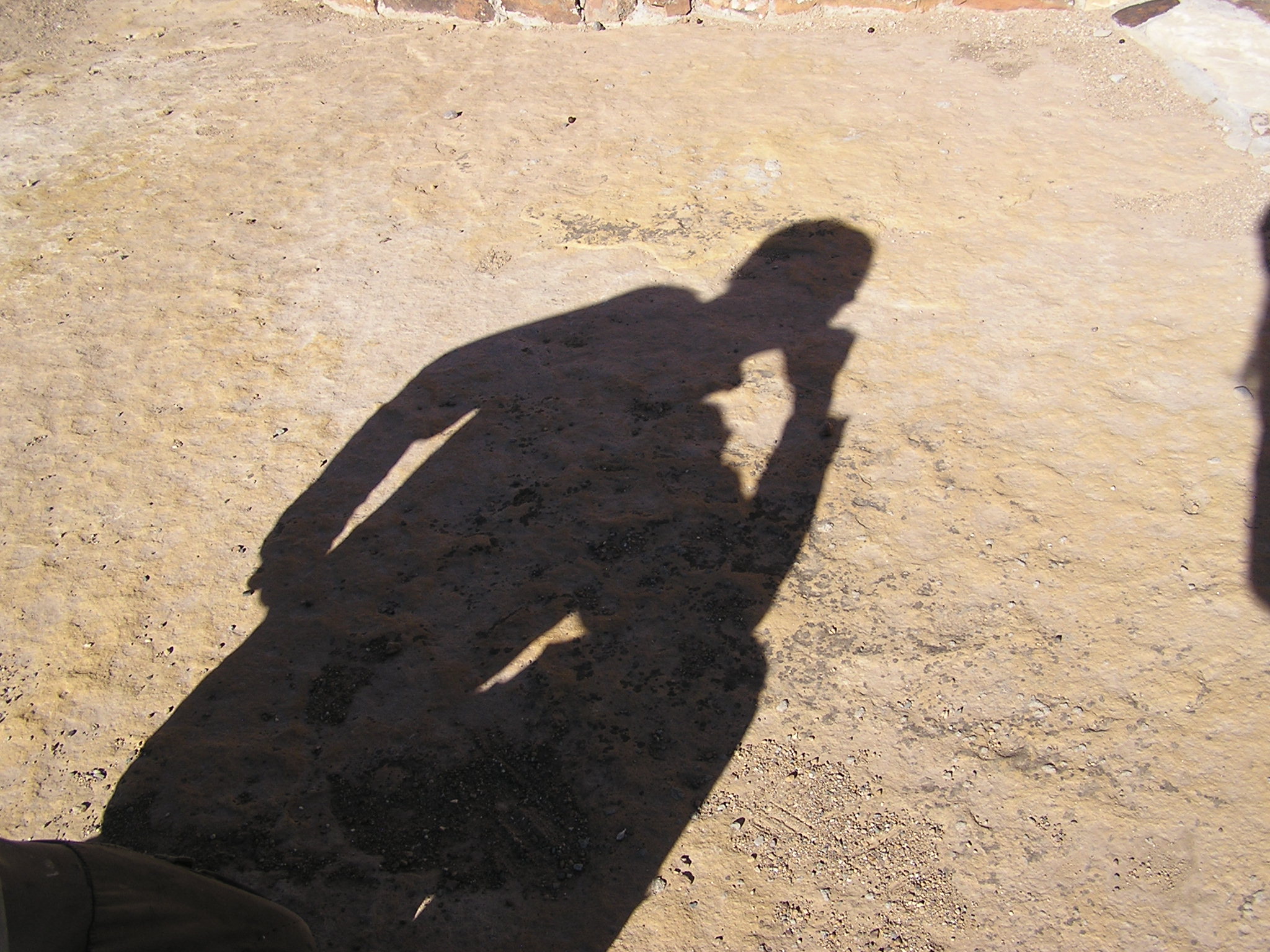
Think It Again
The Project
- Think of a word or phrase that feels true and helpful.
- Repeat that word/phrase silently or out loud for one minute.
- This can be combined with the rhythm of breath
The Science Connection: What did you just do?
You took control of your thinking.
- Our minds are built to think and predict.
- Our thinking feels constant and sometimes feels out of our control.
- Our minds can get stuck with thoughts that are not helpful or true.
- Our bodies believe the stories our minds tell, whether they are true or not.
- Repetitive thoughts that feel helpful and true can help us take control of our mind.
Connecting with God:
St. Paul’s suggested list of topics to think about:
- Whatever is true, honorable, just, pure, lovely, gracious, excellent, worthy of praise, – think about these things. Philippians 4:8 paraphrase
Scripture is commonly used for the helpful and true phrase, such as the Eastern Orthodox use of the Jesus Prayer.
Mark 10:47 and Luke 18:13

Create Art
The Project
For one minute create art.
Ideas:
Use this page to draw on, sing, dance, make a poem, create a story, become an actor and do a drama moment …
The Science Connection: What did you just do?
Art therapy
- Art therapy has successfully helped people with anxiety, depression, addictions, PTSD, chronic pain, cancer, high blood pressure, bipolar disorder, dementia, Alzheimer’s, and more.
- The beneficial effects of creating aren’t dependent on our skill or talent.
It’s the process, not the product that matters the most.
Connecting with God:
Our Judeo-Christian tradition sees people as created in the image of a God who is infinitely creative. We are created to be creative.
And God saw everything that He had made
and behold it was very beautiful. Genesis 1: 31
In Hebrew and Greek the word for ‘good’ can also be translated ‘beautiful’.
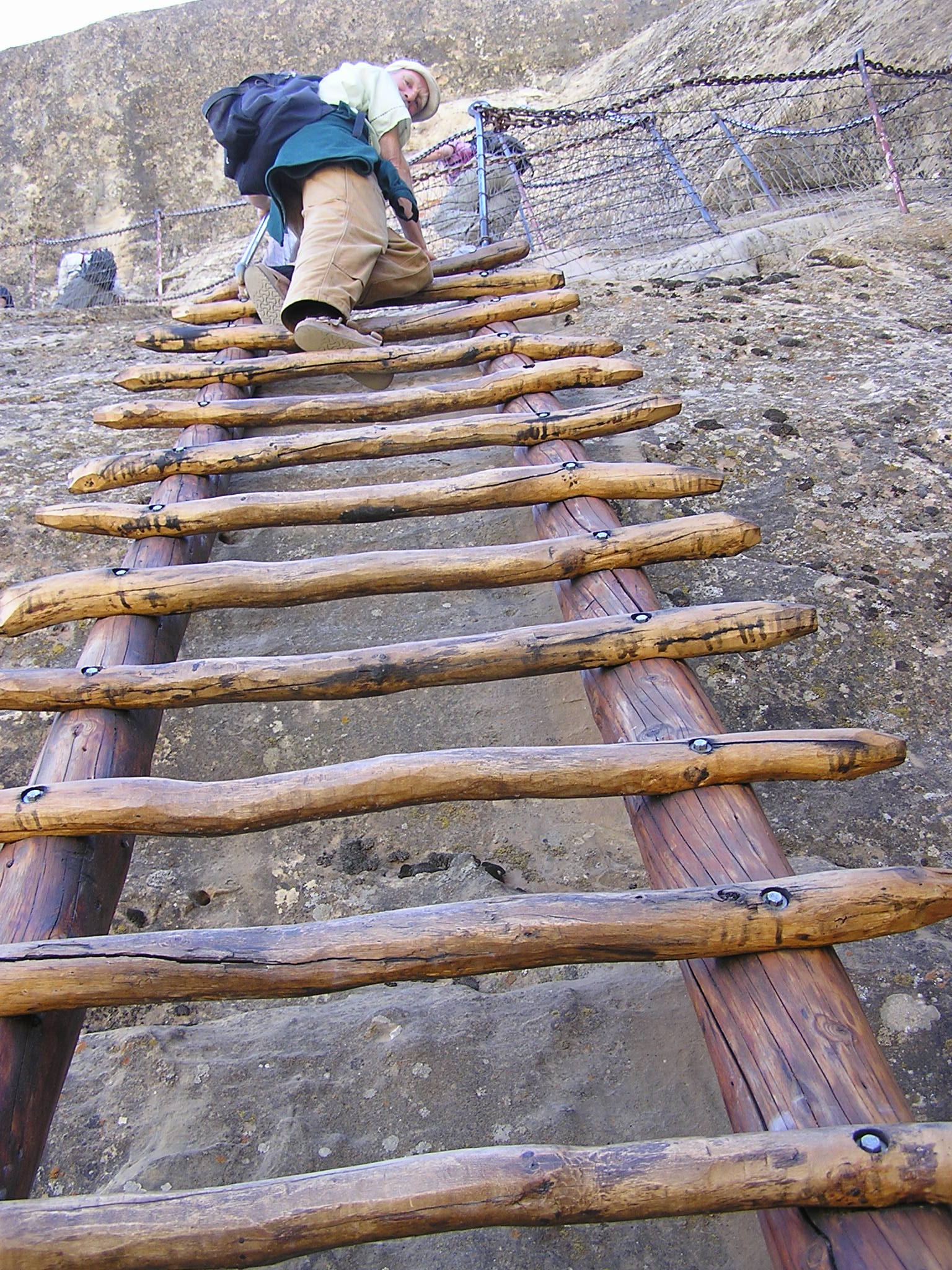
Habit Power
The Science Connection: What are you about to do?
Create a Tiny Habit
Goal: Dr. BJ Fogg (Stanford) wanted to lose weight.
He succeeded with this tiny habit.
1. Trigger reminds you do do the habit: leaving the bathroom
2. Action: Do two push-ups
3. Reward: give a thumbs-up
How did this tiny action work for weight loss?
- The consistency of push-ups triggered by daily bathroom trips.
- B.J. Fogg often did more than two push-ups once he got started.
- Many tiny actions added up to real change.
Why not just depend on will-power and motivation?
- Will-power is designed for a sprint, not a marathon.
Motivation is a wave.
- Catch it when you can, but it won’t stay.
The Project:
For one minute design a Tiny Habit:
- Think of something you want to do more. Example: study, exercise, pray, play, feel grateful, dance . . . __________
- Pick a very tiny action to move you in the right direction
- Think of something that will trigger you to remember. ________________
- Pick an easy reward. Thumbs -up, or celebration dance, or chocolate chip . . . ________________
Test Drive and Redesign
Try out your Tiny Habit today.
- Remember to remain playful with the design.
- If it doesn’t work today it is not a will-power problem, it is a design flaw. Pick a new action that is easier, pick a new trigger or reward.
- Keep playing until you design the perfect fit.
Connecting with God:
Jesus came that we might have life and have it abundantly. John 10:10. Creating habits that promote healthy thriving is part of our participation in this abundance

Play
The Project:
For one minute: Play
The Science Connection: What did you just do?
- Developed emotional maturity by stimulating nerve growth in the brain.
- Developed decision-making ability
- Stimulated creativity
Two studies:
- A Stanford long term research study of gifted-children (begun in the 1920’s) discovered that those who played the most lived the longest.
-
A study of inmates found that lack of play in childhood is a predictor of criminal behavior in adulthood.
Connecting with God
In the animal kingdom the more complex the brain the more a creature plays. We have the most complex brains of all.
We are built to play.
And it is not just children who have been built for play. Humans continue to play into adulthood more than any of God’s creations.
Play is our genetic birthright. When God created our complex brains he designed them to operate best when our lives include play.
Two translations of Psalm 104:26/7
- And there is that Leviathan which you have made for the sport of it. Book of Common Prayer
- The ships are moving there and the monsters you made to play with. Grail Translation